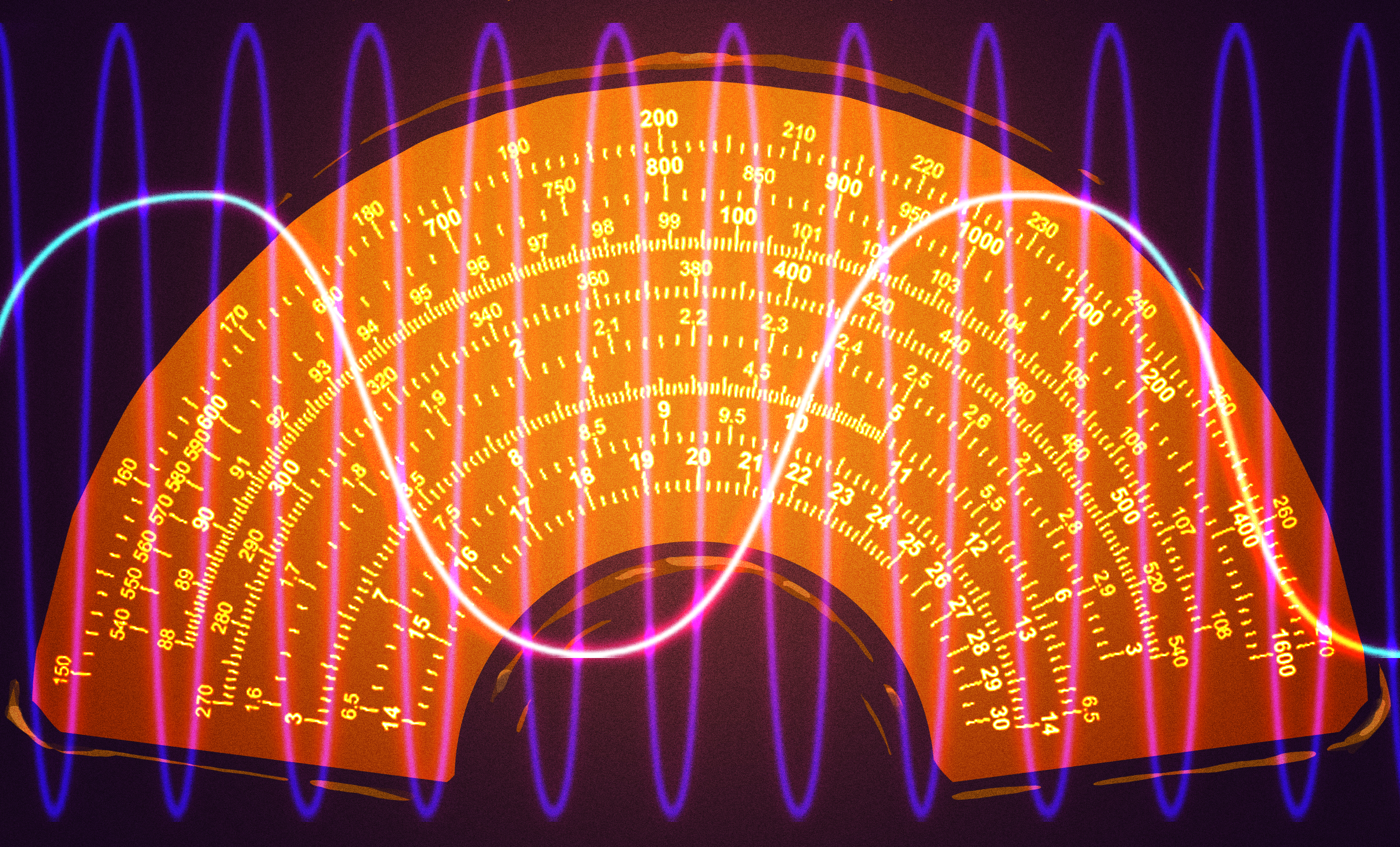Ask Hackaday: Is Shortwave on Life Support? [Hackaday]


Between World War II and Y2K, shortwave listening was quite an education. With a simple receiver, you could listen to the world. Some of it, of course, was entertainment, and much of it was propaganda of one sort or another. But you could learn a lot. Kids with shortwave radios always did great in geography. Getting the news from a different perspective is often illuminating, too. Learning about other cultures and people in such a direct way is priceless. Getting a QSL card in the mail from a faraway land seemed very exciting back then.
Today, the shortwave landscape is a mere shadow of itself. According to a Wikipedia page, there are 235 active shortwave broadcasters from a list of 414, so nearly half are defunct. Not only are there many “dead” shortwave outlets, but many of the ones that are left are either not aimed at the world market or serve a niche group of listeners.
You can argue that with the Internet, you don’t need radio, and that’s probably correct in some ways but misses a few important points. Indeed, many broadcasters still exist as streaming stations or a mix of radio and streaming. I have to admit I listen to the BBC often but rarely on the air. My computer or phone plays it in crystal clarity 24 hours a day.

So, while a 14-year-old in 1975 might be hunched over a radio wearing headphones, straining to hear NHK World Radio, these days, they are likely surfing the popular social media site of the week. You could easily argue that content on YouTube, Instagram, and the like can come from all over the world, so what’s the problem?
The problem is information overload. Faced with a shortwave radio, there were a limited number of options available. What’s more, only a small part of the band might be “open” at any given time. It isn’t like the radio could play games or — unless you were a ham — allow you to chat with your friends. So you found radio stations from Germany to South Africa. From China and Russia, to Canada and Mexico. You knew the capital of Albania. You learned a little Dutch from Radio Nederlands.
Is there an answer? Probably not. Radio isn’t coming back, barring an apocalyptic event. Sure, you can listen to the BBC on your computer, but you probably won’t. You can even listen to a radio over the network, but that isn’t going to draw in people who aren’t already interested in radio, even if it really looks like a radio.
If you made a website with radio stations of the world, would people use it? Something like a software version of this globe or a “world service” version of RadioGarden. Probably not.
Do you listen to shortwave radio? If so, what are you listening to? Do you listen to “world services” at all? Tell us in the comments. Many careers were launched by finding a shortwave radio under the Christmas tree at just the right age. When Internet access is compromised, there’s still no substitute for real radios. If you want to listen to some of those vintage programs, they are — unsurprisingly — on the Internet.

![ask-hackaday:-is-shortwave-on-life-support?-[hackaday]](https://i0.wp.com/upmytech.com/wp-content/uploads/2024/07/199047-ask-hackaday-is-shortwave-on-life-support-hackaday-scaled.jpg?resize=800%2C445&ssl=1)